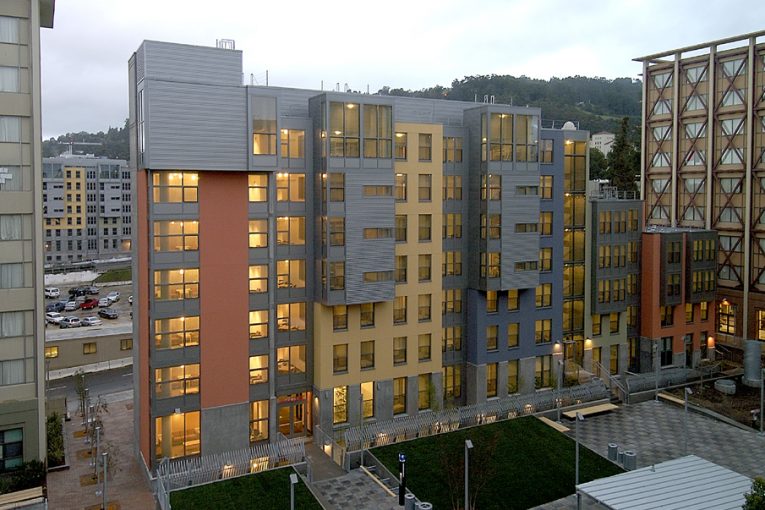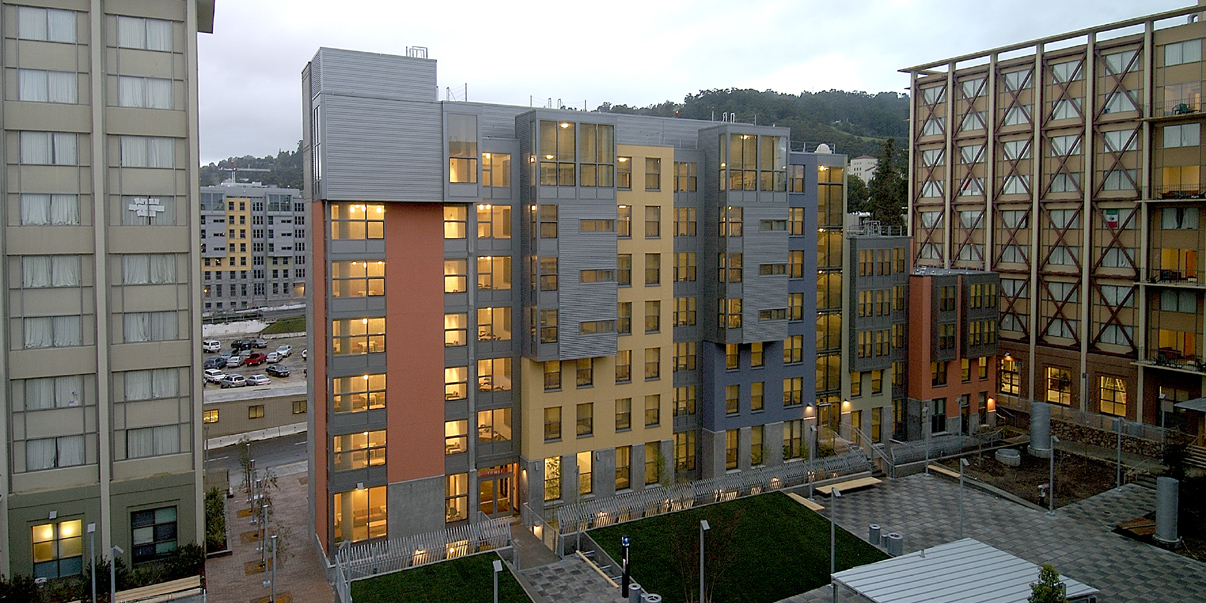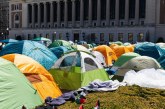
 By Meenu Pamula
By Meenu Pamula
Berkeley— Dissatisfaction is not uncommon amongst UC Berkeley’s Resident Assistants (RAs), but in light of the coronavirus pandemic, mistreatment has become an even more present concern.
Resident Assistants enforce policies of on-campus housing units as well as help residents with conflicts, safety and security measures, community development, and administrative procedures. RAs are unpaid student workers, but receive room and board from the university.
Necessary for the university housing’s functioning, these workers have put their health and wellbeing at risk for their fellow students throughout the pandemic.
A number of posts on UC Berkeley’s Facebook confession page detail the often unpleasant experience of being RA, with students describing it as an “emotionally taxing, lonely and traumatic job.”
At a large, urban, bureaucratic institution such as UC Berkeley, these responsibilities are only compounded, as residents are more likely to turn to RAs rather than the administration itself.
The University has various training workshops and programs to teach RAs about their responsibilities— namely a week long training session and weekly 2 hour team meetings. Unfortunately, these initiatives can often be far from effective for equipping RAs with the right resources to do essential aspects of their job.
One current RA, who wished to remain anonymous, stated, “I think the issue with training is that it feels like it is more for checking off boxes for the institution rather than going deeper into these issues and teaching us how to manage them.”
According to the same anonymous source, “If your resident is having suicidal ideation, the RA is the first responder. You are expected to talk to them and walk them through their situation.”
The source worries that RAs aren’t enough support for suicidal students. “We aren’t mental health professionals and our training doesn’t give us the necessary tools to take care of ourselves or our other residents…”
“As part of our protocol, we have to call UCPD [The University of California Police Department] if fellow RAs or residents are dealing with mental health crises. Calling UCPD is anxiety-inducing and it scares our residents.”
Given that 12% of students experience suicidal ideation in their four years at college, the issue of mental health is clearly an expansive one. Presently, the primary burden of dealing with mental health crises is placed on on RAs instead of trained professionals.
To navigate this issue, the source suggests, “hiring mental health professionals or counselors to work full time in resident halls to better support the residents and the RAs.”
As part of Berkeley’s training sessions, the UCPD is required to give RAs training on how to handle high stress situations. The problem: many RAs have complicated and distrustful relationships with police officers.
“The demographic for RAs are usually BIPOC [black and/or indigenous people of color] or marginalized, low-income students and so they typically have had bad experiences with police.”
University police have not been helpful in reducing this cultural tension, according to our source.
“UCPD has been extremely insensitive in the way they handle their training sessions and it’s been a triggering and anxiety-inducing experience that hasn’t been fixed.”
Amidst ongoing calls to remove UCPD from the Berkeley campus for inadequately handling situations, reported insensitivity toward RAs is disappointing, but far from surprising.
Moreover, UC Berkeley does not currently compensate its RAs, unlike other institutions such as Stanford University and even other Universities of California such as UC Irvine.
Each RA commits to a job contract of working at least 19 hours a week; however, due to some of the factors noted above, the time commitment often far exceeds 19 hours.
Because RAs tend to choose the job in order to secure basic needs (food and housing), a large proportion of them are low-income; the University is thus able to leverage the needs faced by most RAs.
Due to coronavirus, RAs now have an even greater responsibility of establishing proper safety protocols. Although campus has taken some responsibility in implementing COVID safety measures, RAs still have to perform “duty walk,” which, this year, means peeking into every floor.
On-duty RAs have to handle in-person conflict responses, deal with residents who fail to wear a mask, and address residents that break COVID health measures. RAs now have to deal with handling positive cases of COVID within the dorms.
In January, when public health guidelines anticipated that the winter months would lead to a COVID spike, UC Berkeley still allowed thousands of new students to move onto campus residence halls.
The influx of new students resulted in RAs interacting with more people, putting them at even more severe risk for infection.
Once cases began to surge, UC Berkeley implemented a two-week campus-wide sequester period, with strict regulations including prohibiting outdoor solo exercise. Many residents felt frustrated with these rules, leading to resentment towards RAs, who were often the primary enforcers.
Moreover, for the fall 2020 semester, if someone in the dorm tested positive for COVID, the entire social bubble (including the RA) was sent to quarantine in the Foothill housing unit. This changed with the campus-wide surge in cases at the start of spring.
Students who were in close contact to confirmed COVID cases were instructed to self-sequester in their own dorm rooms. Due to HIPAA, the Health Insurance Portability and Accountability Act, students do not have to disclose their medical information to RAs. Because of this, the RAs had— and have— no idea who, if any, of their residents are at particular risk.
According to our source, the university recently granted permission for RAs to receive a COVID vaccine— after the RAs themselves petitioned.
“We [the RAs] had to push for it. We sent an email petition to our higher ups saying that we don’t feel comfortable doing our duty without being vaccinated and it was only after we caused that commotion, that coincidentally, we got an email the next day saying it was our turn to get vaccinated.”
These vaccinations constitute support for the physical health of RAs, but the mental health of these workers is still unsupported at best.
The emotional and physical labor of being an RA is incredibly taxing, and, during COVID, the stress of the job has only compounded.
Campus RAs are the backbone of residential life— enforcing health measures, residential services, and beyond, without pay. Their invaluable work has helped carry the university through the drudges of the pandemic. Vaccinations are the promising first step toward dignity, respect, and recognition from the university they serve.
Meenu Pamula is a writer for The Vanguard at Berkeley’s Social Justice news desk. She is a fourth year student studying Molecular and Cellular Biology. She is from Fresno, California.
To sign up for our new newsletter – Everyday Injustice – https://tinyurl.com/yyultcf9
Support our work – to become a sustaining at $5 – $10- $25 per month hit the link:







Welcome to every aspect of U bureaucratics. Expect four years of that box checking.
If backup isn’t being provided, that’s a problem. As I read it, the RAs feel the U police are being used for training and first contact for mental health crises. Setting aside all the ‘defund the police’-ish rhetoric, perhaps a different campus unit should do the training, and a different unit should respond to mental health crises, as is being proposed for public safety re-imagining nationally.
Being an RA has always sucked, they’ve always been taken advantage of by the University, and never properly compensated, they are often mistreated by students, and forced into this weird relationship of both being authorities and part of the social fabric. The ‘cool’ ones back in the day were the ones who blew off the University regulations and partied with everyone else. I imagine it’s the same today.
I don’t see asking for vaccinations and getting them the next day as a problem. If the U responded that fast to most things, I would think to myself, what a wonderful world.